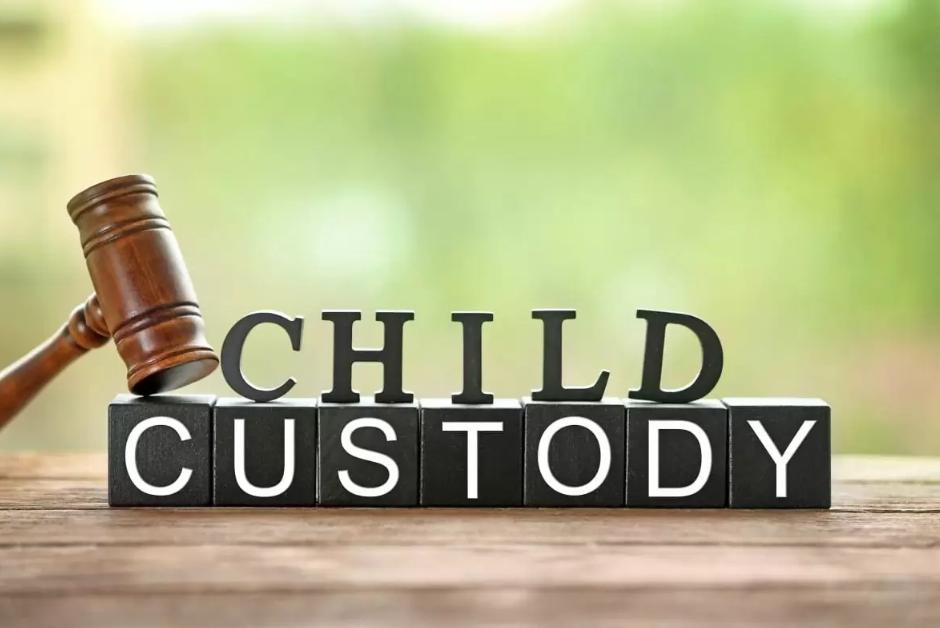When domestic violence enters the picture, child custody cases become increasingly complex and sensitive. At Sandra Fuller Law Family Division, we understand the delicate nature of these situations and are committed to protecting the best interests of children while helping families navigate these challenging circumstances.
The Court’s Primary Consideration: Child Safety
Immediate Safety Measures
When domestic violence is reported or suspected in a custody case, courts typically take swift action to ensure child safety:
- Emergency custody orders may be issued
- Temporary restraining orders can be implemented
- Supervised visitation might be mandated
- Safe exchange locations could be required
Evidence Evaluation
Courts carefully examine various forms of evidence when considering domestic violence allegations:
- Police reports and arrest records
- Medical documentation
- Witness statements
- Professional evaluations
- Text messages and emails
- Photographs of injuries or property damage
- Child protective services reports
Impact on Custody Decisions
Physical Custody Considerations
Domestic violence significantly influences physical custody arrangements:
- Courts may limit or deny custody to the abusive parent
- Supervised visitation might become mandatory
- Overnight stays could be restricted
- Exchange locations may be limited to secure facilities
Legal Custody Impact
The presence of domestic violence can affect decision-making rights:
- Joint legal custody might be deemed inappropriate
- The abusive parent’s input on major decisions could be limited
- Special provisions for emergency medical decisions might be implemented
- Educational decision-making authority might be restricted
Protective Measures in Custody Arrangements
Supervised Visitation
Courts often implement supervised visitation programs:
- Professional supervisors may be required
- Specific visitation centers might be mandated
- Time limitations could be imposed
- Progress reports may be necessary
Safety Planning
Comprehensive safety measures are typically included in custody orders:
- Detailed pickup and drop-off procedures
- Communication restrictions
- Geographic limitations
- Emergency contact protocols
Long-Term Effects and Modifications
Rehabilitation Requirements
Courts may require certain steps before modifying restrictions:
- Completion of anger management programs
- Participation in domestic violence intervention
- Regular substance abuse testing if relevant
- Ongoing counseling or therapy
- Parenting classes
Modification Standards
Future custody modifications often depend on:
- Demonstrated behavioral change
- Compliance with court orders
- Completion of required programs
- Stable environment maintenance
- Consistent positive interactions with children
Supporting Children Through the Process
Mental Health Considerations
Children’s emotional well-being requires special attention:
- Age-appropriate counseling may be recommended
- Support groups might be beneficial
- School counseling resources could be utilized
- Regular mental health evaluations might be required
Creating Stability
Courts focus on maintaining stability through:
- Consistent routines
- Predictable visitation schedules
- Clear communication channels
- Strong support systems
Legal Protections and Resources
Protective Orders
Understanding protective order options:
- Types of available orders
- Coverage scope and limitations
- Enforcement mechanisms
- Modification procedures
Support Services
Various resources are typically available:
- Domestic violence shelters
- Legal aid organizations
- Children’s advocacy centers
- Family counseling services
- Support groups
Moving Forward
Documentation Guidelines
Maintaining proper documentation is crucial:
- Keep detailed records of all incidents
- Save all communication
- Document compliance with court orders
- Track child-related expenses
- Maintain a visitation log
Building a Support Network
Creating a strong support system includes:
- Trusted family members
- Professional counselors
- Legal advocates
- School personnel
- Healthcare providers
When domestic violence affects child custody cases, the courts’ primary focus remains the safety and well-being of the children involved. Understanding the legal process, available protections, and support resources is crucial for all parties involved. While these situations are challenging, proper legal guidance and support can help establish arrangements that prioritize child safety and promote healing.
